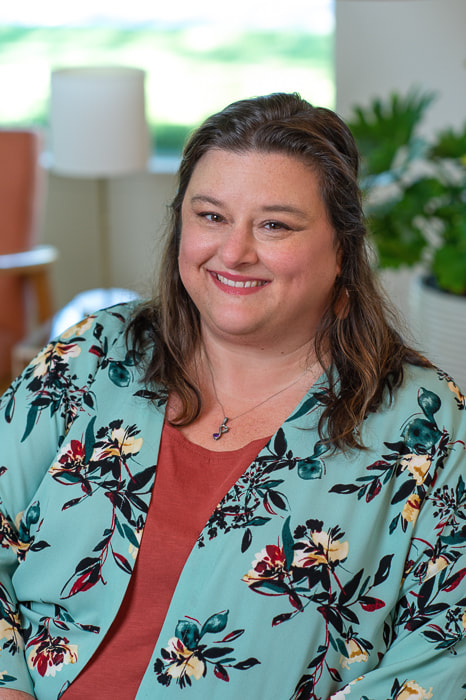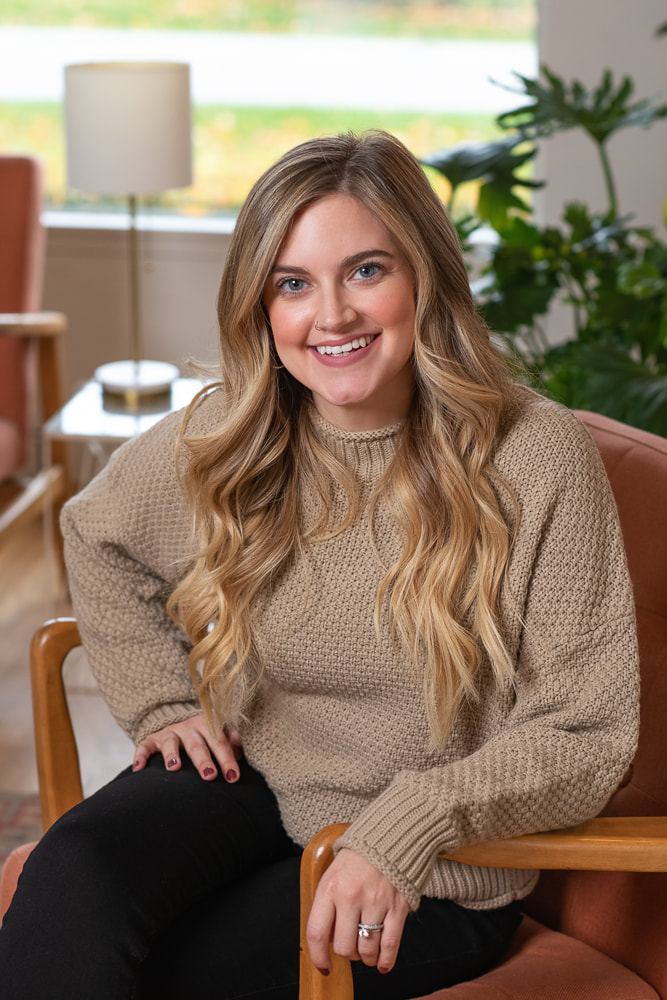Substance Use Disorders
|
If you are interested in counseling for Substance Use Disorders, call OakHeart at 630-570-0050 or 779-201-6440 or email us at [email protected]. We have counselors, psychologists, and social workers available to help you at one of our locations in North Aurora, IL, Sycamore, IL, and/or via Telehealth Online Therapy Services serving Kane County, DeKalb County, Dupage County, and beyond.
According to the National Survey on Drug Use and Health (NSDUH), 21.5 million American adults (aged 12 and older) battled a substance use disorder in 2014. Of the 21.5 million, 80% of them specifically struggled with alcohol use disorder (NSDUH). The Substance Abuse and Mental Health Services Administration (SAMHSA) publishes that in 2014, almost 8 million American adults battled both a mental health disorder and a substance use disorder, or co-occurring disorders.
What is a Substance Use Disorder?Substance use disorders occur when the recurrent use of alcohol and/or drugs causes clinically and functionally significant impairment, such as health problems, disability, and failure to meet major responsibilities at work, school, or home. According to the DSM-V, a diagnosis of substance use disorder is based on evidence of impaired control, social impairment, risky use, and pharmacological criteria.
The individual may take the substance in larger amounts or over a longer period of time than intended. The individual may express a persistent desire to cut down or regulate substance use and may report multiple unsuccessful efforts to decrease or discontinue use. The individual may spend a great deal of time obtaining the substance, using the substance, or recovering from its effects. In some instances of more severe substance use disorders, all of the individual's daily activities may revolve around the substance. Craving is manifested by intense desire or urge for the drugs that may occur at any time but is more likely when in the environment where the drug previously was obtained or used. Social impairments can be categorized as a failure to fulfill major role obligations at work, school, or home. The individual may continue to use the substance despite having persistent or recurrent social or interpersonal problems caused or exacerbated by the effects of the substance. The individual may ultimately withdrawal from family activities and hobbies in order to the use the substance. Risky use may take the form of recurrent substance use in situations in which it is physically hazardous. The individual may continue to use despite having knowledge of having a persistent or recurrent physical or psychological problem that is likely to have been caused or exacerbated by the substance. |
Pharmacological criteria includes tolerance and withdrawal. Tolerance is signaled by requiring a markedly increased dose of the substance to achieve the desired effect or a markedly reduced effect when the usual does is consumed. Withdrawal is a syndrome that occurs when blood or tissue concentrations of a substance decline in an individual who had maintained prolonged heavy use of a substance. After developing withdrawal symptoms, the individual is likely to consume the substance to relieve the symptoms. Withdrawal symptoms vary depending on the substance being used.
How do you Treat Substance Use Disorders?
Addiction affects both brain functioning as well as behavior of an individual, making it a complex but treatable disease. Successful treatment includes best matching the treatment setting, interventions and services to the individual’s needs. In addition to the individual’s drug use, any co-occurring mental health conditions need to also be addressed in tandem.
Behavioral therapies, including individual, family, or group counseling, are the most commonly used forms of drug abuse treatment. An individual participating in behavioral therapies can be prepared to address their motivation to change, be provided incentives for abstinence, build skills to resist drug use, replace drug-using activities with constructive and rewarding activities, improve problem solving skills, and facilitate better interpersonal relationships. It has also been found that an individual’s participation in group therapy and other peer support programs during and following treatment can also help maintain sobriety.
Behavioral therapies, including individual, family, or group counseling, are the most commonly used forms of drug abuse treatment. An individual participating in behavioral therapies can be prepared to address their motivation to change, be provided incentives for abstinence, build skills to resist drug use, replace drug-using activities with constructive and rewarding activities, improve problem solving skills, and facilitate better interpersonal relationships. It has also been found that an individual’s participation in group therapy and other peer support programs during and following treatment can also help maintain sobriety.
OakHeart Substance Use Disorder Counselors, Psychologists, and Social Workers
|
|
|
Substance Use Disorder Related Blogs:
|
With the holiday season in full swing, it can be easy to get caught up in the celebrations and overindulgence that can happen during this time of year. Below are a few tips to aid in keeping your sobriety from getting lost in the hustle of the season...Taking the time to prepare in advance for the upcoming holiday season can aid in making the season a success for recovery. If reading the information provided above resonated with you and you may be a good fit for one of my specializations, reach out. I’d like to connect and find out more about how I can support you on your journey...(to read more, click on the link above).
|
|
According to data from the 2022 National Survey on Drug Use and Health, among the 137.4 million respondents aged 12 and older self-reporting current use of alcohol, 44.5% reported binge drinking, with the most prevalent age category being 18-25 years old (29.5%). Among people 12-20 years old, 15.1% used alcohol in the past month. Estimates of binge alcohol use and heavy alcohol use in the past month among underage people were 8.2% and 1.7%, respectively. The Centers for Disease Control and Prevention estimate about 178,000 people die from excessive alcohol use in the U.S. each year (SAMHSA, 2024)...(to read more, click on the link above).
|







